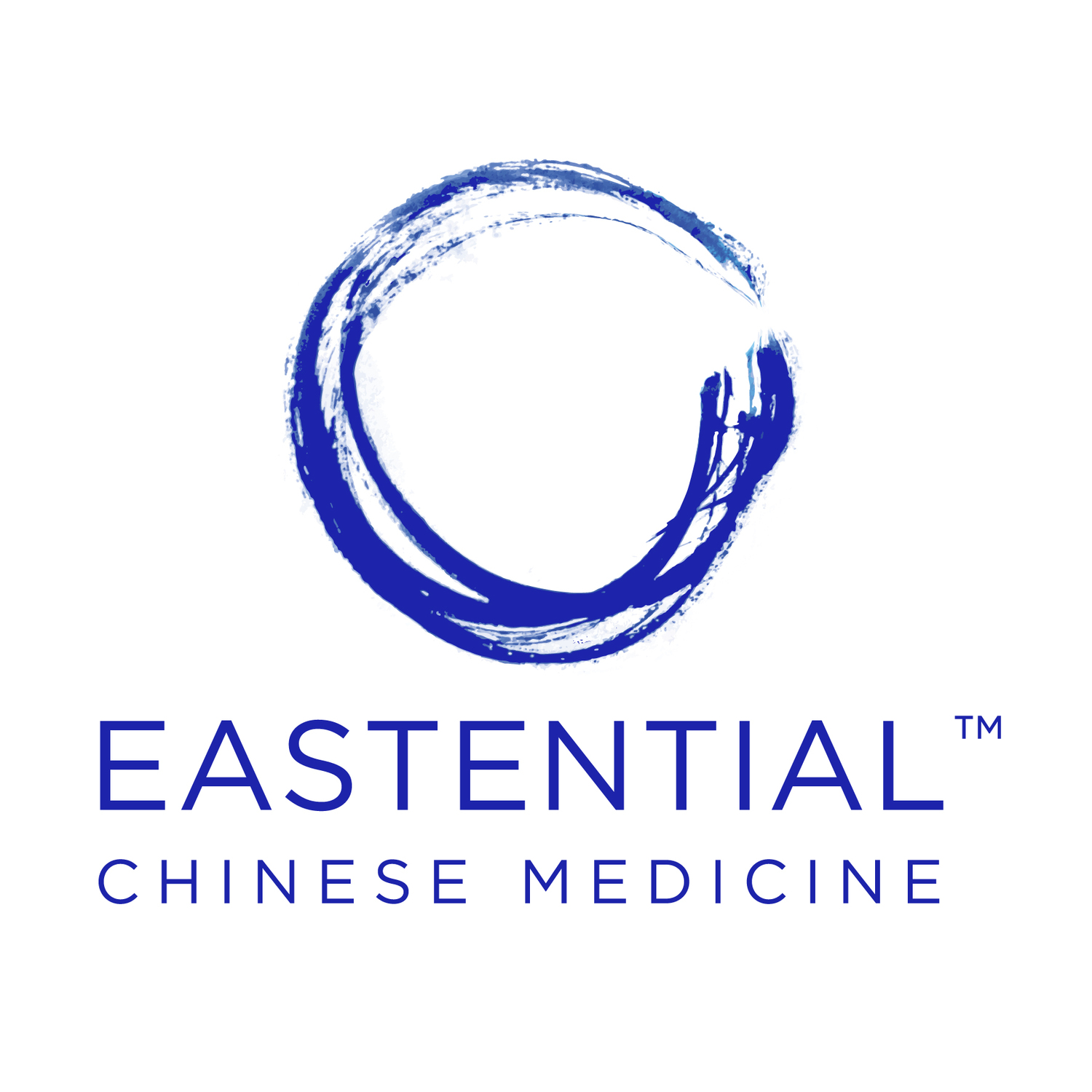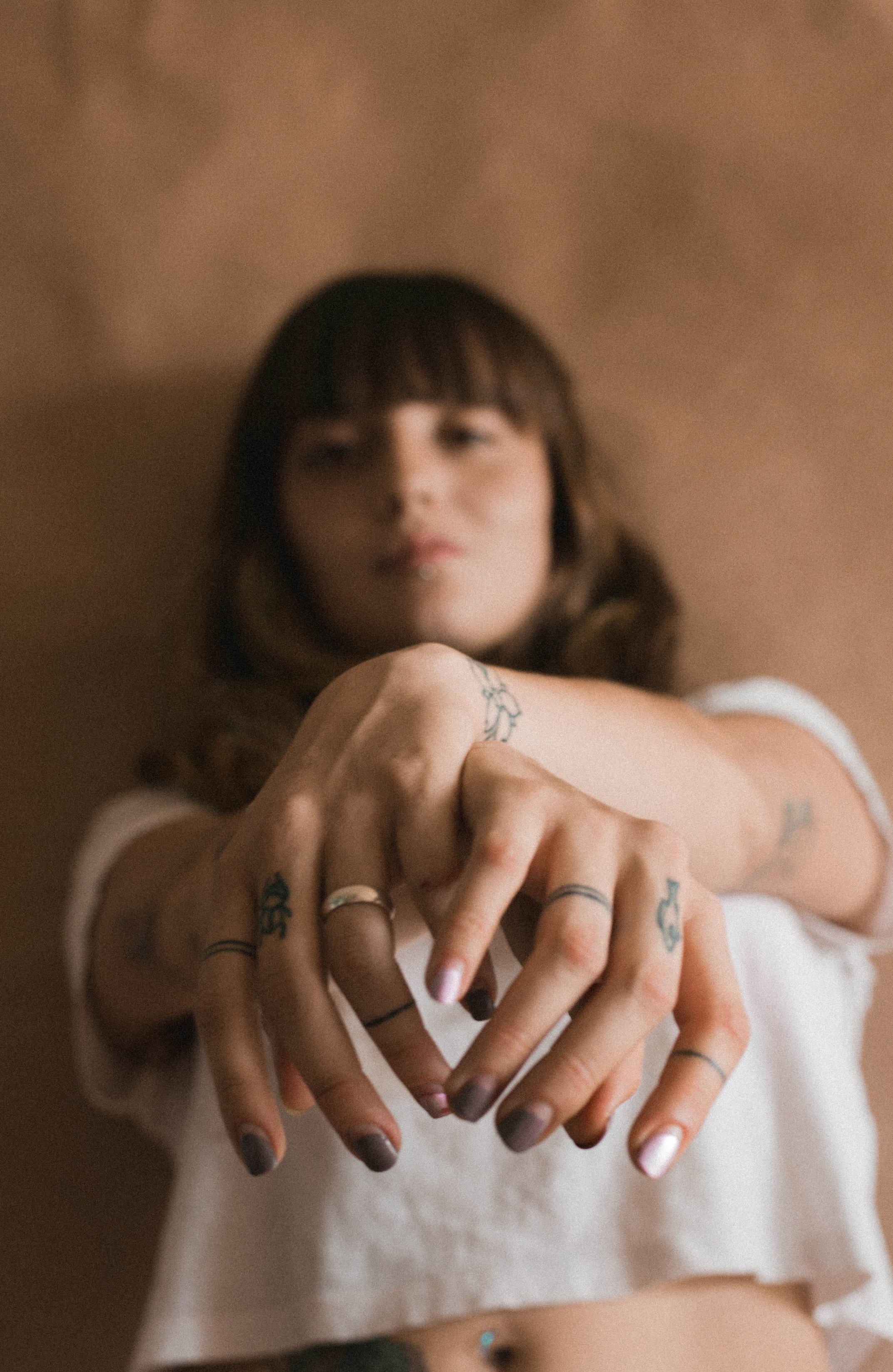All of us have in one form or another have encounter acne. Let’s break it down by stages
Acne at 12 to 20
Acne usually starts at puberty. The surging and fluctuation of hormones becomes a bane of any teenager’s life. Types of acne ranges from a few pimples during, before or after the menstrual cycle to deep cystic, angry acne on the forehead, cheeks, jawline, neck and/or on the back and shoulders. At this stage of acne, most common prescription from your doctor would be to go on the pill or Roaccutane. The pill is used as a band-aid solution to hormonal acne, painful periods, endometriosis, polycystic ovarian syndrome (PCOS), severe premenstrual syndromes and etc. This is also a stressful period for young boys with surging testosterone hormones that can affect their confidence and emotional well-being. As age progresses, the severity of it usually starts declining. However, some will persist until adulthood.
Acne at 20-35
Those that were blessed with clear skin throughout their teenage years then suddenly, acne starts popping out in adulthood are due to fluctuation of hormones caused by stress, lifestyle and diet. Another type of acne that I commonly see in the stage is women with PCOS. This type of acne are a continuation from puberty where menstrual cycles are irregular that had not been diagnosed until later stage into adulthood. In addition, women at this stage are thinking of coming off the pill for fertility purposes or a decision to address issues of hormonal changes that affected you in your teens such as hormonal acne, irregular cycles, painful periods, severe premenstrual syndrome, endometriosis and etc. Coming off the pill may cause the hormones to fluctuate as there is no longer a controlled mechanism derived from the pill. The body often revert back to where it was before you started on the pill. As mentioned before, the pill is often a band-aid solution.
Acne at 45+
This stage of acne is commonly seen in women that are peri-menopause. In addition to typical peri-menopause symptoms such as hot flashes, day/night sweats, irregular cycles, weight gain, insomnia etc, acne and dry skin may be present. This is caused by increase in luteinising hormones which increases androgen levels. In addition, stress and poor lifestyle choices may be a contribution to late onset acne.
What is common amongst the stages of acne is the fluctuation of hormones. This fluctuation can be due to the imbalances of hormones during teenage years, gyneacological problems (PCOS, Endometriosis etc), stress, emotional challenges, lifestyle and diet. In Chinese medicine, we look at the body holistically in terms of Yin and Yang. Yin provides softness and cools the body down and Yang provides energy and warmth to the body. This delicate balance can often be displaced due to factors outlined above. Can Chinese medicine and acupuncture re-balance this? Absolutely!
Chinese herbal medicine and acupuncture can reduce and manage the symptoms and the root cause of acne . In essence, acne from Chinese medicine perspective is caused by Heat or Damp Heat. The source of Heat or Damp Heat can arise from hormonal imbalances, emotional factors, stress, poor diet of spicy, deep fried, greasy foods, sugar and etc. Organs that affects acne are Lungs, Stomach, Large Intestines, Small Intestines and Conception vessels. To determine what may cause the breakout of acne, a detailed consultation is carried out. From my clinical experience, each person presented with acne have different diagnosis and treatment. Therefore, the treatment is tailored towards your constitution and overall state of your body and health. To find out how I can help you reduce and manage your flare ups, BOOK ONLINE for a consultation to begin your journey in rectifying the root cause of your acne.





